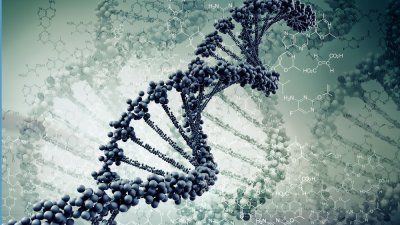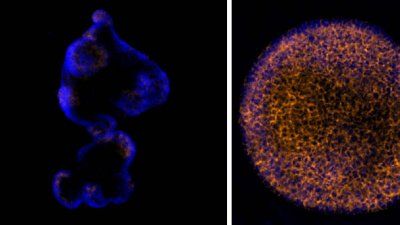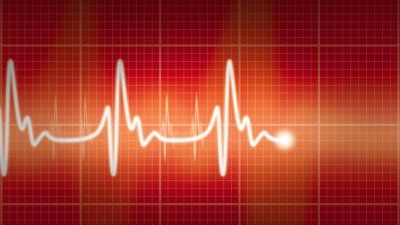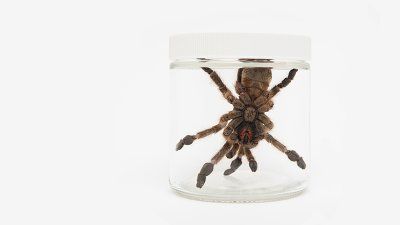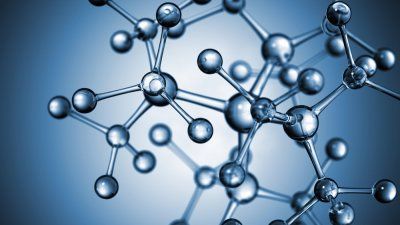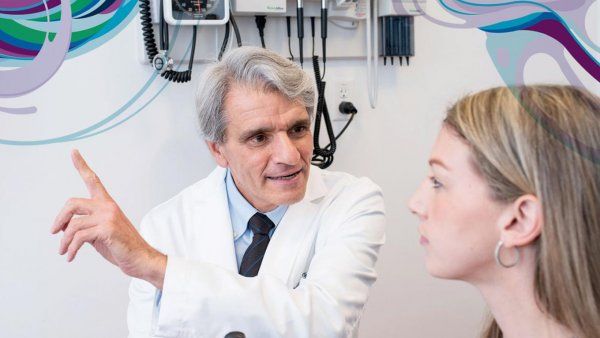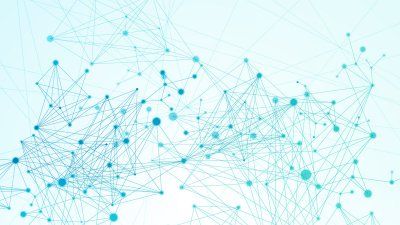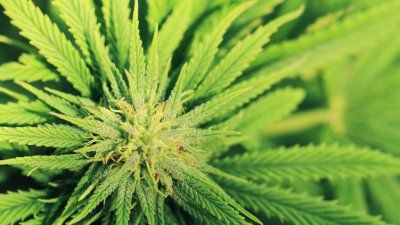Gene Variant Explains Differences in Diabetes Drug Response
The first results from a large international study of patients taking metformin, the world’s most commonly used type 2 diabetes drug, reveal genetic differences among patients that may explain why some respond much better to the drug than others.
